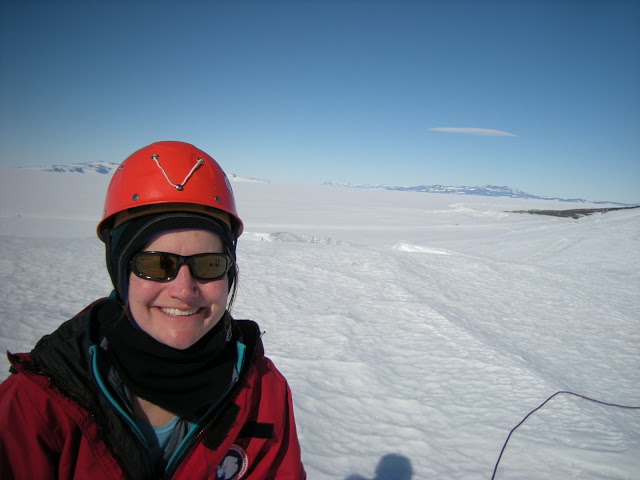Page 58 • (703 results in 0.057 seconds)
-
Scholarship of Nursing Conference. The recipient is recognized through a certificate, a check for $500, and their name and credentials being displayed on the Teaching Award Plaque located in the SoN administrative offices. The nominee should represent the following criteria: Actively pursues the development of current, evidence-based content for the nursing curricula and for her/his area(s) of expertise Incorporates practices from the scholarly literature on teaching and nursing education into course and
-
force them to tackle difficult material. Law school will push you intellectually, so you will benefit from being in such environments as often as possible. Law school requires intensive writing, reading, and critical thinking, so students should seek writing intensive courses, courses that require extensive reading of material that is difficult to navigate (such as literature, philosophy, or law), and classes that push you to critically evaluate your beliefs and assumptions. The more classes of
-
project. The thesis project requires students to ask a unique and interesting research question, familiarize themselves with the literature, gather data to answer that question, analyze the data, and write themselves an academic paper (30-50 pages in length). Earning a M.A. often qualifies individuals to work in state and local governments, for non-profit organizations, and in for-profit professional environments. Many sociology undergraduates elect to earn M.A.s in sociology; however, sociology
-
super helpful Google Doc with information about what each score means for course placement, as well as answers to the most common questions we get about Math Placement. I'm interested in taking a language course - what is the Language Placement Guide?Three programs–Chinese, French & Francophone Studies, and Hispanic & Latino Studies–offer introductory and intermediate-level courses in Chinese, French, and Spanish, as well upper division literature, film, and cultural studies courses. We also support
-
) Any 300-level course with an LT designation ENGL 400: Studies in Criticism & Theory HIST 254: History of Hanford HIST 305: Slavery in the Americas HIST 346: Innovation & Technology HIST 351: History of the West and Northwest HIST 362: Christians in Nazi Germany RELI 211: Religion and Literature of the Hebrew Bible RELI 220: Early Christianity RELI 221: Medieval Christianity RELI 331: New Testament Studies Pre-Law Advising For information, see Pre-Professional Programs section of the catalog Minor
-
humanities can and should learn from the living presence and complex reality of non-human animals. And the “intellectual and aesthetic transformations” that our teaching makes possible are reflected in the pedagogical insights of professors Jen Jenkins and Kirsten Christensen, who explain their interdisciplinary approach to teaching the literature and cultural history of the German-speaking world. The Energizing Challenge of Diversity In 1993, Dean Paul Menzel noted the division’s concerted efforts to
-
), genetic engineering, bio-prospecting, and socio-economic issues surrounding botanical commodities. Prerequisite: BIOL 226. (4) BIOL 358 : Plant Physiology A study of how plants obtain and utilize nutrients, react to environmental factors, and adapt to stress. Focuses on mechanisms at the molecular, cellular, and organismal levels. Explores connections to agriculture and ecology. Relies significantly on primary literature. Includes laboratory. Prerequisite: BIOL 226. (4) BIOL 359 : Biology of
-

requires.” “We spent a lot of time researching literature experiments to gain familiarity with the reactions we planned to run. In my case, they rarely went according to plan, but I learned something each time, which helped guide me toward the next step.” "These lessons extend outside the lab, and this kind of continuous learning and reevaluation is helpful in both academic and professional contexts," stated Lemma. Professor Yakelis and Donnelly working together in open lab in Rieke Science Center
-

programs, Europe will host four groups of students this winter. With a German Studies class going to Germany, an Education class to Hungary, and Literature and Religion classes to Greece, students will explore all corners of the continent. In Europe, students will experience everything from student teaching in Budapest to home-stays in Berlin and weekend trips to the Greek islands of Santorini and Rhodes. North America J-Term Study Away programs don’t always mean students are leaving the country; they
-

and forms of joyful expression.UPCOMING EVENTS Crow Ho Ho Dec. 16 | 7:30 | Black Box Theatre (Karen Hille Phillips Center for the Performing Arts) PLU’s student improv group, the Clay Crows, presents an evening of holiday themed improvised performance. Nordic Fest Dinner Dec. 19 | 5 p.m. | Scandinavian Cultural Center This year’s theme is “A Child’s Christmas Wish.” Evening will Celebrate Nordic Children’s Literature and traditional Scandinavian holiday food including glogg (warm, spiced win
Do you have any feedback for us? If so, feel free to use our Feedback Form.


